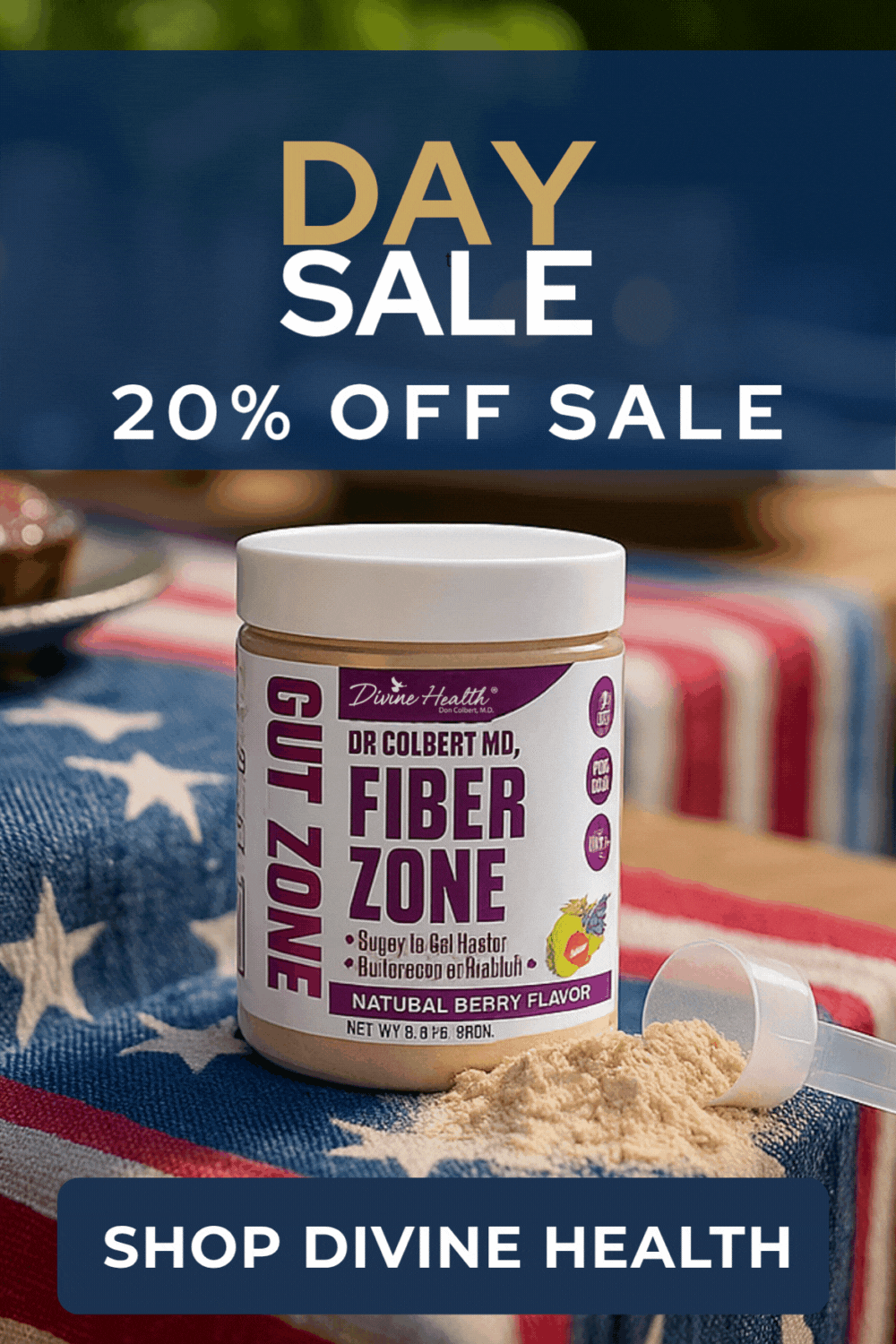Elevated cholesterol levels in people is a common health problem, all across the globe. Cholesterol has been one of the major concerns because of its harmful implications like heart disease and stroke. Numerous research has been conducted to find solutions for this disease. Apart from all sorts of available medicines, researchers have found natural remedies that can help lower cholesterol levels. Plant sterols are one of the effective and well-researched solutions. They have an inverse effect on LDL or bad cholesterol level.

Sterols and cholesterol have a similar chemical structure. Sterols inhibit the human body cholesterol absorption in the intestines. They also deteriorate the mechanism of taking up cholesterol from the gut. These two qualities of sterols facilitate in lowering the LDL levels in the blood stream. It is found that plant sterols can help in reducing LDL levels from 6% up to 14% in a few weeks. Studies have shown that sterols do not have any adverse effects on the HDL or triglyceride levels thus posing no major health risk. However, there should be a balance while taking a plant sterol diet. According to medical specialists and physicians, 1-3 grams of plant sterols can be consumed on daily basis to get positive results.
Plant sterols also known as phytosterols, are naturally present in plants, nuts (almonds), fruits, vegetables, and vegetable oils (including avocado, corn, canola, olive and sesame oil). A person can either intake phytosterols by consuming natural foods like fruits, vegetables and nuts or processed foods like cereals, margarine, mayonnaise, orange juice, salad dressings and spreads.
Phytosterols are commonly found in peas. Peas are of vital significance as they enclose ß-sitosterol, a phytosterol that plays a pivotal role in lowering bad cholesterol levels. Peas can be consumed both in fresh and dried form. Dried peas are equally valuable in terms of nutrition and health benefits as are fresh peas. Dried peas are full of plant sterols and soluble fiber. Both components greatly contribute toward reduced cholesterol levels.
Although plant sterols are not harmful for the human body, precautions still need to be taken during sterol consumption. It is recommended that sterols should not be taken during pregnancy and lactation as they are found to lower carotenoids levels as well as vitamin A levels. Vitamin A plays an imperative role in the development of fetus and its deficiency can cause complications.














